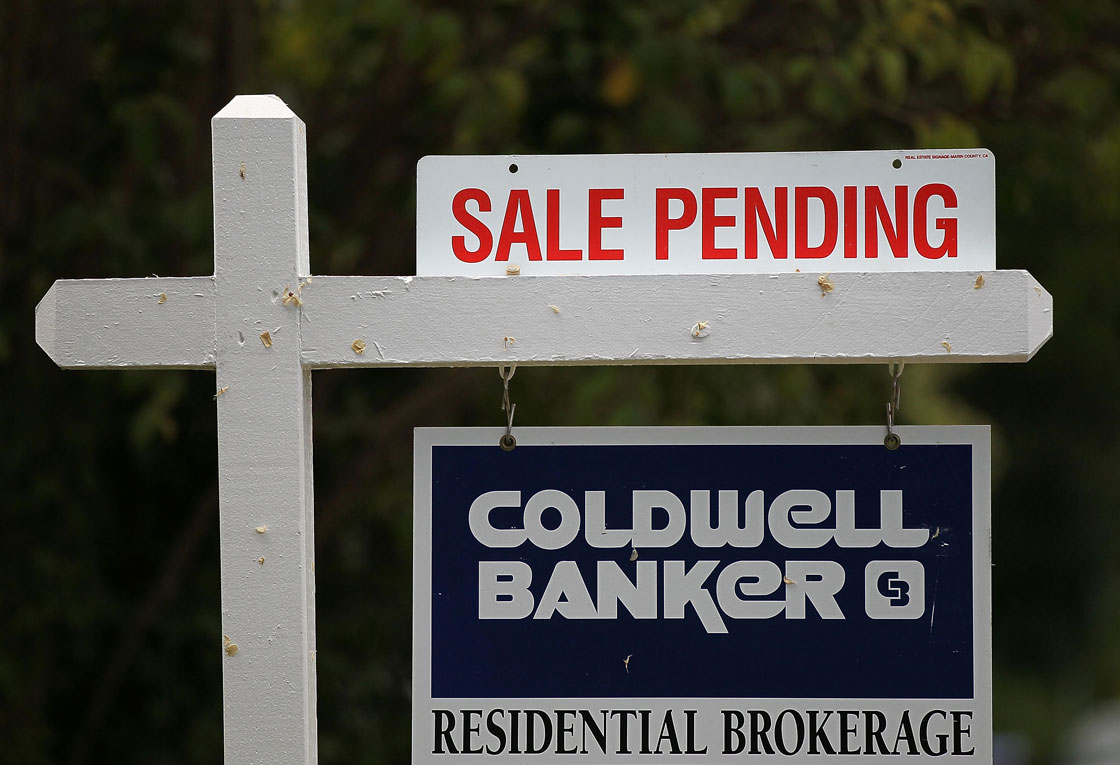Statistics Canada released its latest snapshot of the financial health of Canadian households Friday morning, and the picture it paints isn’t as scary as what some were expecting.

While experts thought the data would reveal a further widening of debt levels compared to incomes, that closely watched metric – known as the debt-to-income ratio – came in below expectations, which were for the ratio to hit a fresh all-time high.
It didn’t, meaning debt growth is slowing down (see chart).
“The result isn’t as bad as feared,” BMO economist Benjamin Reitzes said in a note.
An easing of debt loads is something the Bank of Canada and others have been hoping for to reduce the risk that consumers will face a financial shock as interest rates on those debts head higher (eventually).
MORE: Are Canadians taking on too much consumer debt?
The “highly scrutinized” debt-to-income ratio ticked up to 163.6 per cent from 163.1 per cent at the beginning of the year, but that’s still down from the record high of 164.1 per cent hit in the fall of 2013, Reitzes noted.
That means for every dollar in disposable income earned by Canadians, we collectively owe $1.63 (and change) in outstanding loans and other forms of credit.
Reitzes and others would like to see that percentage, which has boomed for the better part of a decade, come back down, which it is hinting at doing.
Higher rise
Another piece of good news in the report: Home prices are rising faster than the amount of money we’re taking out to buy them.
“Households’ accumulation of debt was outpaced by rising asset values and net worth in the quarter,” RBC Economics noted.
They highlighted, “robust housing market activity and rising home prices” as the big drivers in the run-up in our combined net worth.
Real estate asset values grew by 2.3 per cent in value in the second quarter, while outstanding mortgage debt rose 1.4 per cent.
Though home prices vary widely from market to market – with big gains in Toronto, Calgary and Vancouver skewing things – the average home price in Canada stood at $401,585 in August.
That’s an increase of five per cent compared to August 2013, according to the Canadian Real Estate Association.
- Canadian man dies during Texas Ironman event. His widow wants answers as to why
- On the ‘frontline’: Toronto-area residents hiring security firms to fight auto theft
- Honda’s $15B Ontario EV plant marks ‘historic day,’ Trudeau says
- Canadians more likely to eat food past best-before date. What are the risks?




Comments